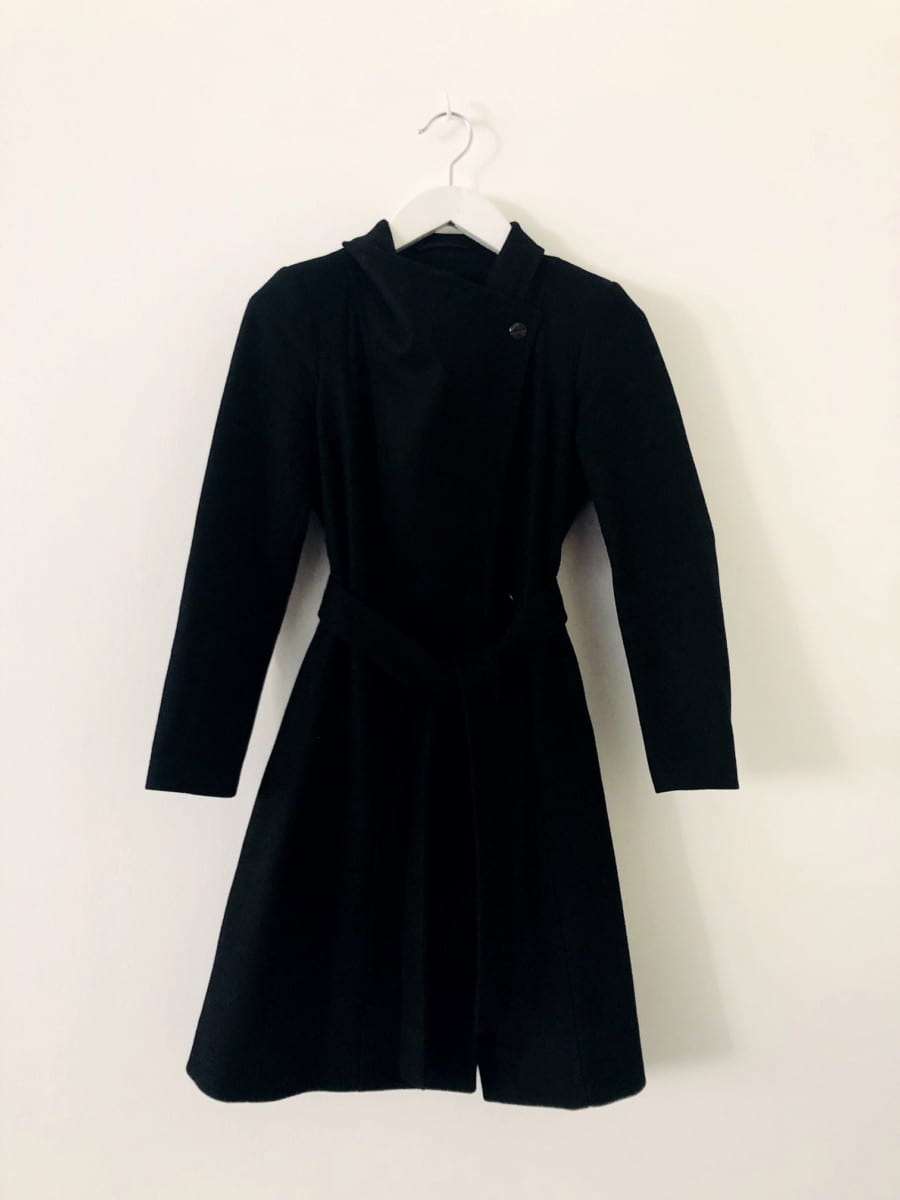British brands like Margaret Howell, Burberry and JW Anderson were some of the highlights for those at London Fashion Week. It seems to me that British style is very much in demand, so what about British-made?
Britain’s textile industry was once an important driver of the U.K. economy, but has been in decline since the 1970s as firms moved to China or India to take advantage of lower costs.

Margaret Howell, Burberry and JW Anderson SS16. Images via Vogue.
However, recently I’ve been noting a change in fortunes for the industry. A couple of weeks ago, I was reading an article about how British factory Fashion Enter has signed new deals with Tesco, Harrods and Phase 8, as these retailers look to create more ‘Made in Britain’ lines.
I also read that the Lee Ann Fashion Group factory, which has been working with M&S, is now expanding, in line with the volume of garments more than doubling over the past couple of years, primarily because of ‘Best of British’ – the M&S line that champions British manufacturing and materials. The company, based in Leicester weave, dye, print and make garments for M&S all in the UK.
There are now many familiar fashion chains introducing ‘Made in Britain’ collections or sourcing more of their materials from the UK. This highlights the trend for companies to emphasise provenance and heritage as more consumers have become aware of the unsustainable nature of cheap, throw-away fashion.
Sunspel have just released their ‘Made in Britain’ jeans. Earlier this month Karen Millen were selling bespoke coats made in their London atelier. Topshop has a range of Boutique items ‘Made in Britain’, not forgetting M&S’ ‘Best of British’.
It seems that more businesses are discovering the benefits of reshoring manufacturing, as they can bring products to market faster, and in many cases charge a premium for a higher quality product. British brands may not be able to compete on price, however, with high standards of craftsmanship and materials, they can compete on quality.
This return to UK manufacturing is very positive for young fashion students. There will be more opportunities to get training, apprenticeships and jobs. Luxury British labels such as Mulberry and Burberry are both running apprenticeship programmes and traineeships are also thriving on Savile Row again.
At LCF we helped launch the Designer – Manufacturer Innovation Support Centre to give British businesses access to experts with specialist experience of fashion manufacturing and production. Such relationships and knowledge are vital for small and medium sized businesses and will ultimately help more British fashion companies grow and innovate.

Our Centre for Fashion Enterprise has already helped nurture many young British designers. Image via Thomas Zanon-Latcher
For the UK fashion industry to maintain and expand its influence we need to support British brands, manufacturers, tech companies, digital agencies, stylists, journalists, and ateliers. These need to be brought together so that ideas can be fostered, innovations developed and the whole of the UK fashion industry strengthened.
More designers and manufacturing companies are returning to the UK. Christian Murphy, the founder of Albion Knitting Company – with clients such as LVMH and Gucci – relocated his business to London after 18 years in China. He wanted his company to be on the doorstep on London’s creative hub of young designers like Erdem and Christopher Kane. This is proof that already designers and manufacturers are clustering together to support the British industry, and it is this foundation we need to build on.




